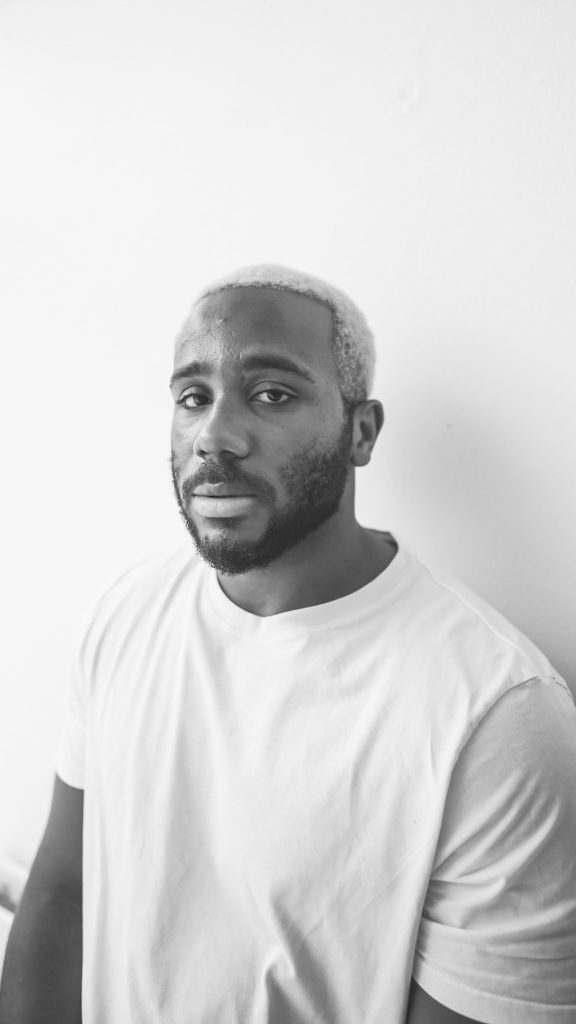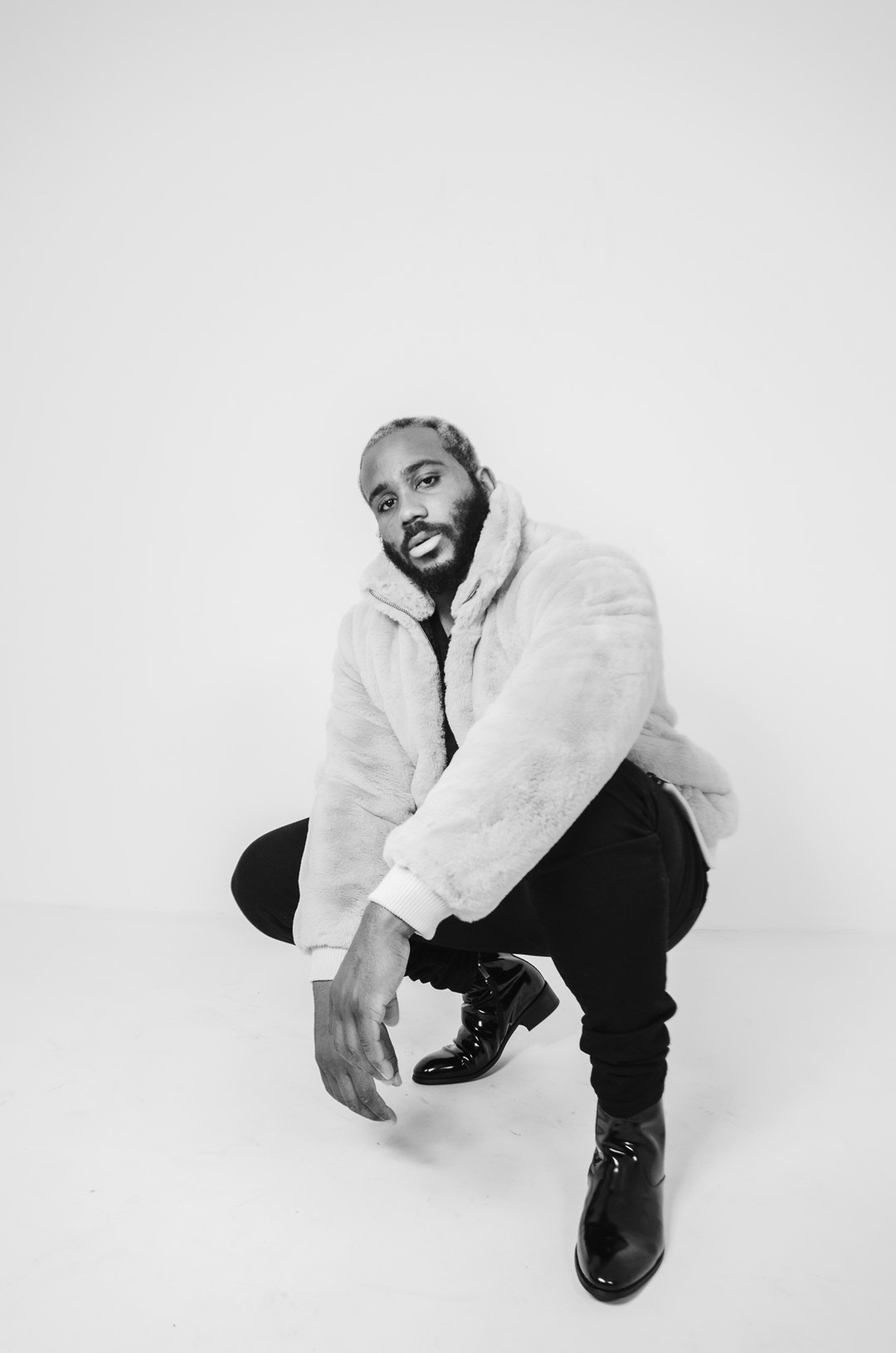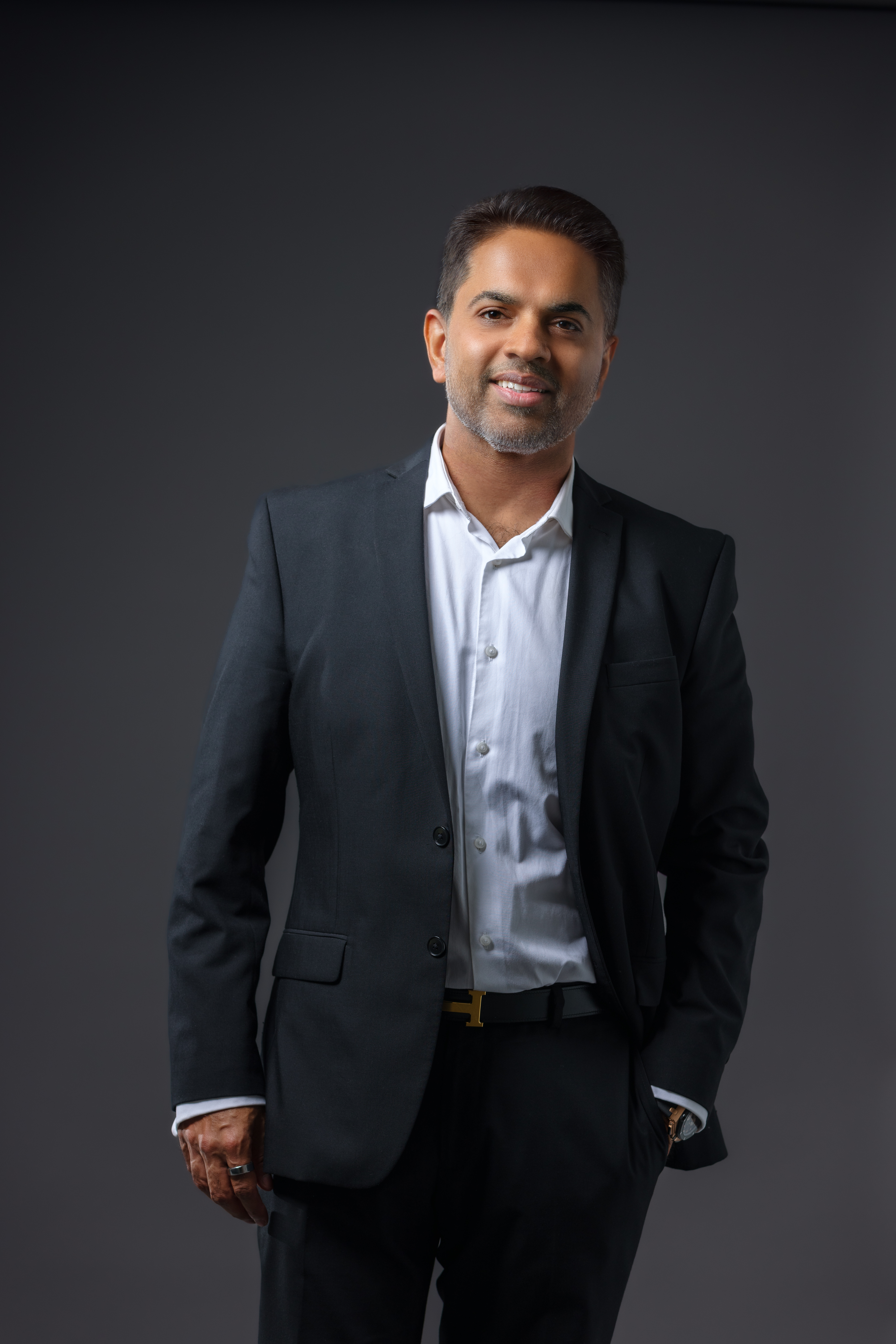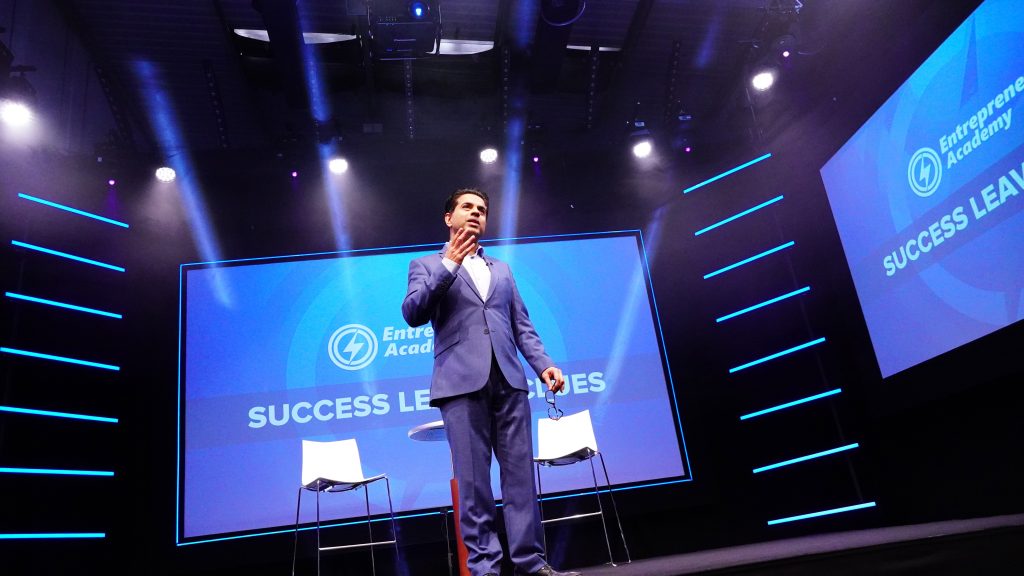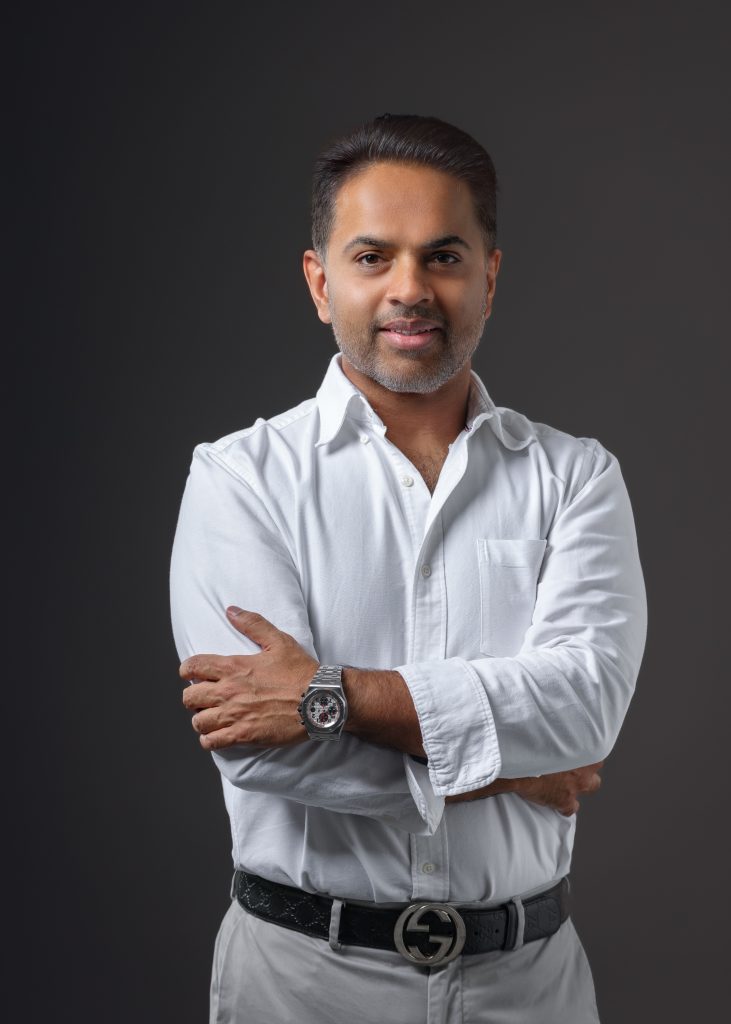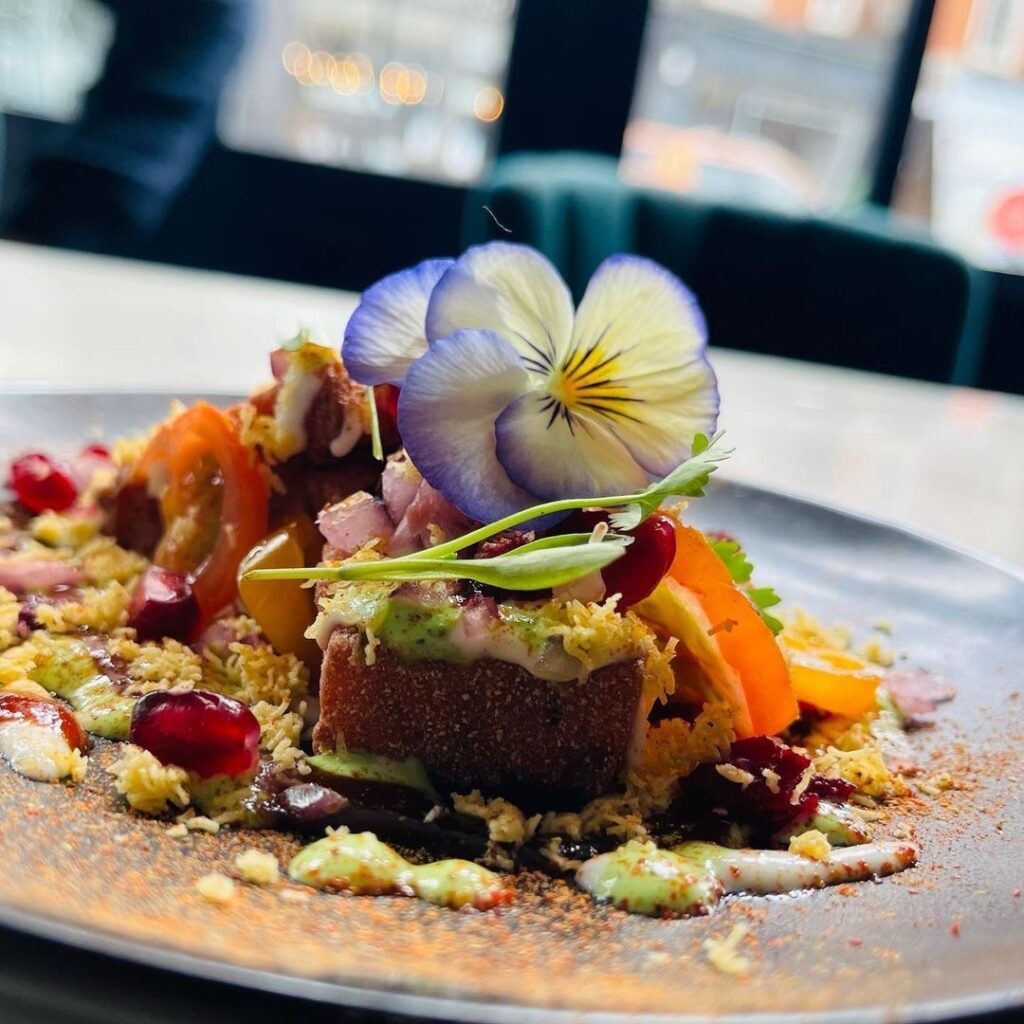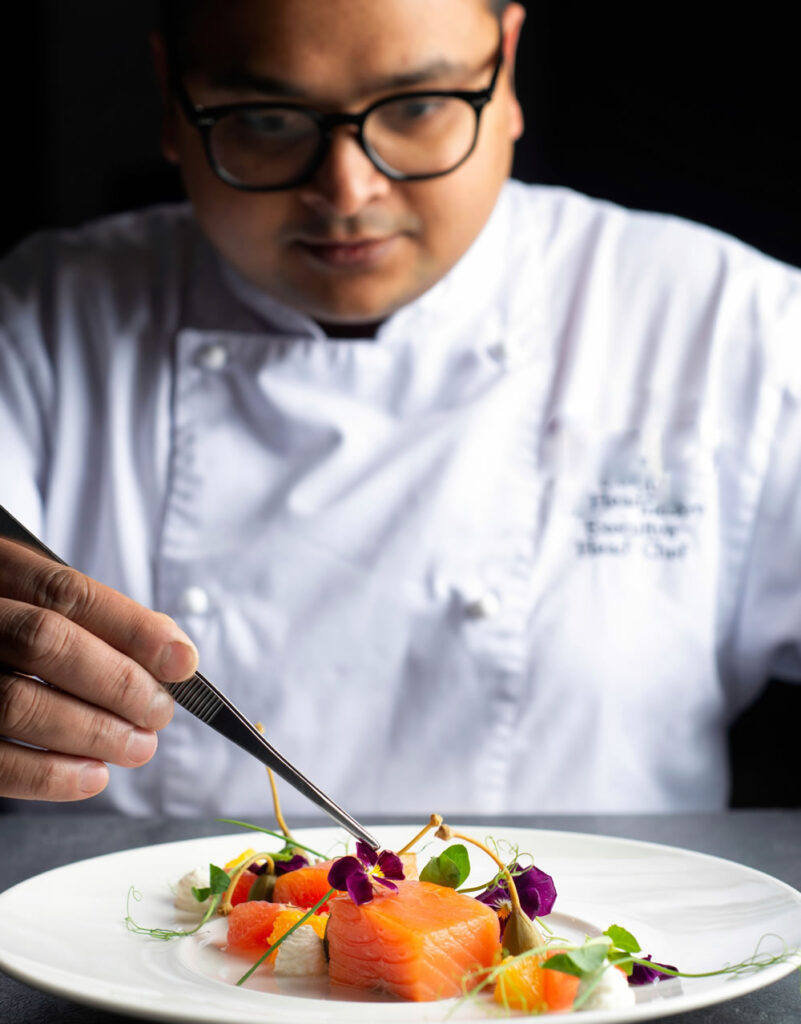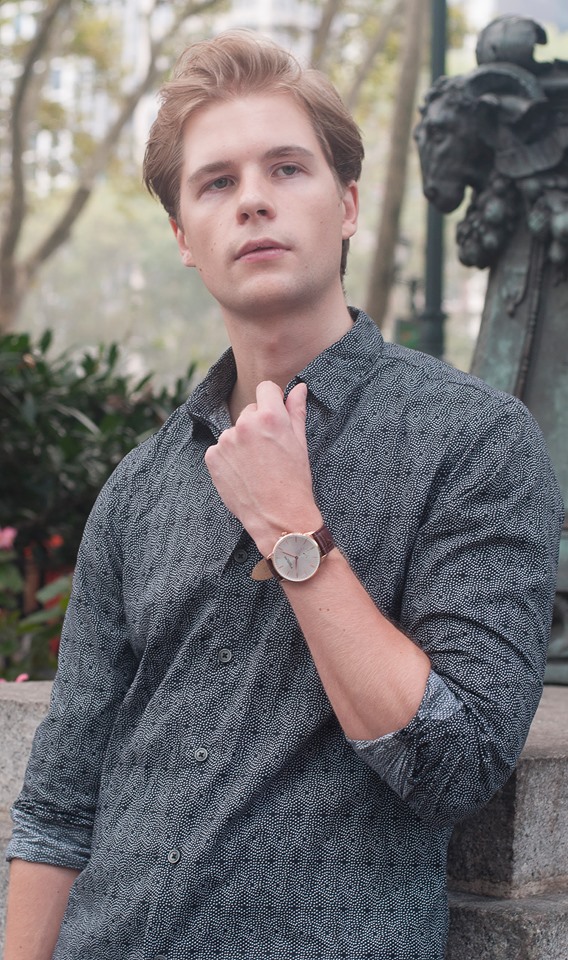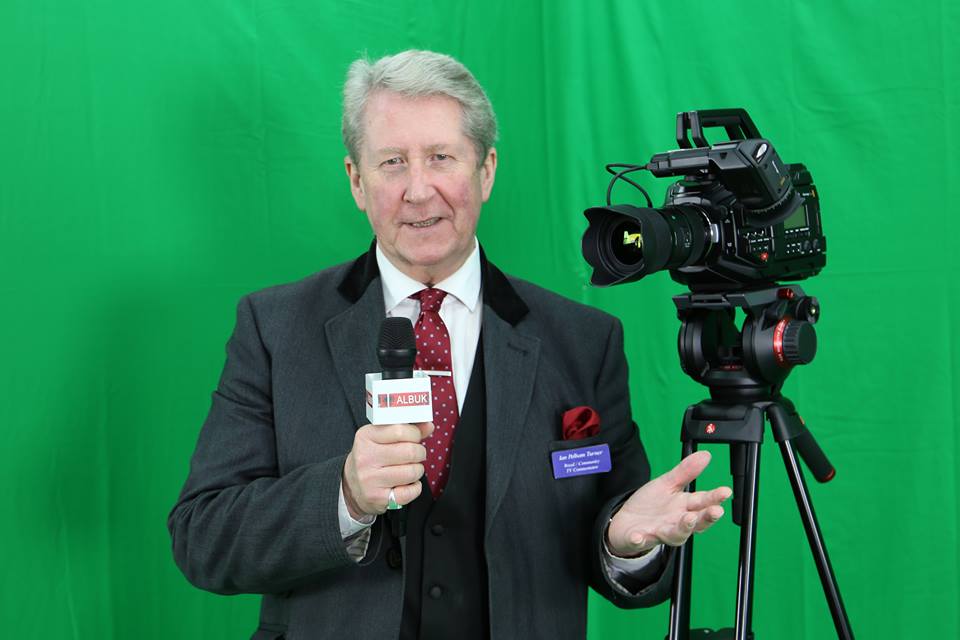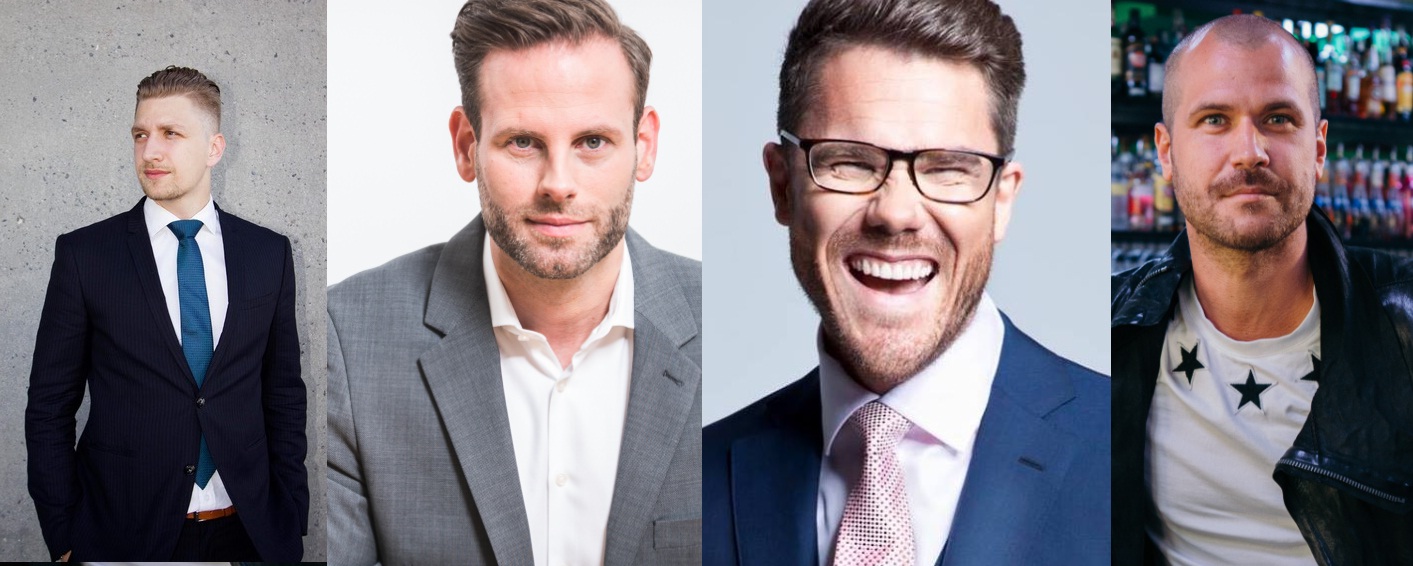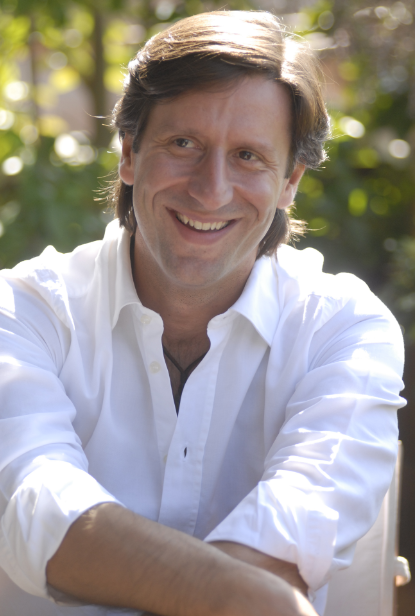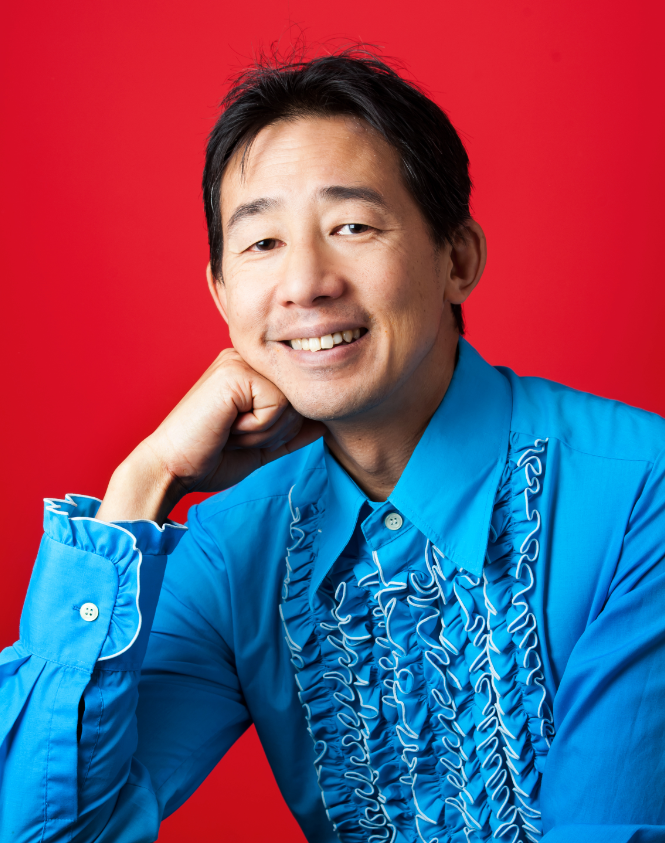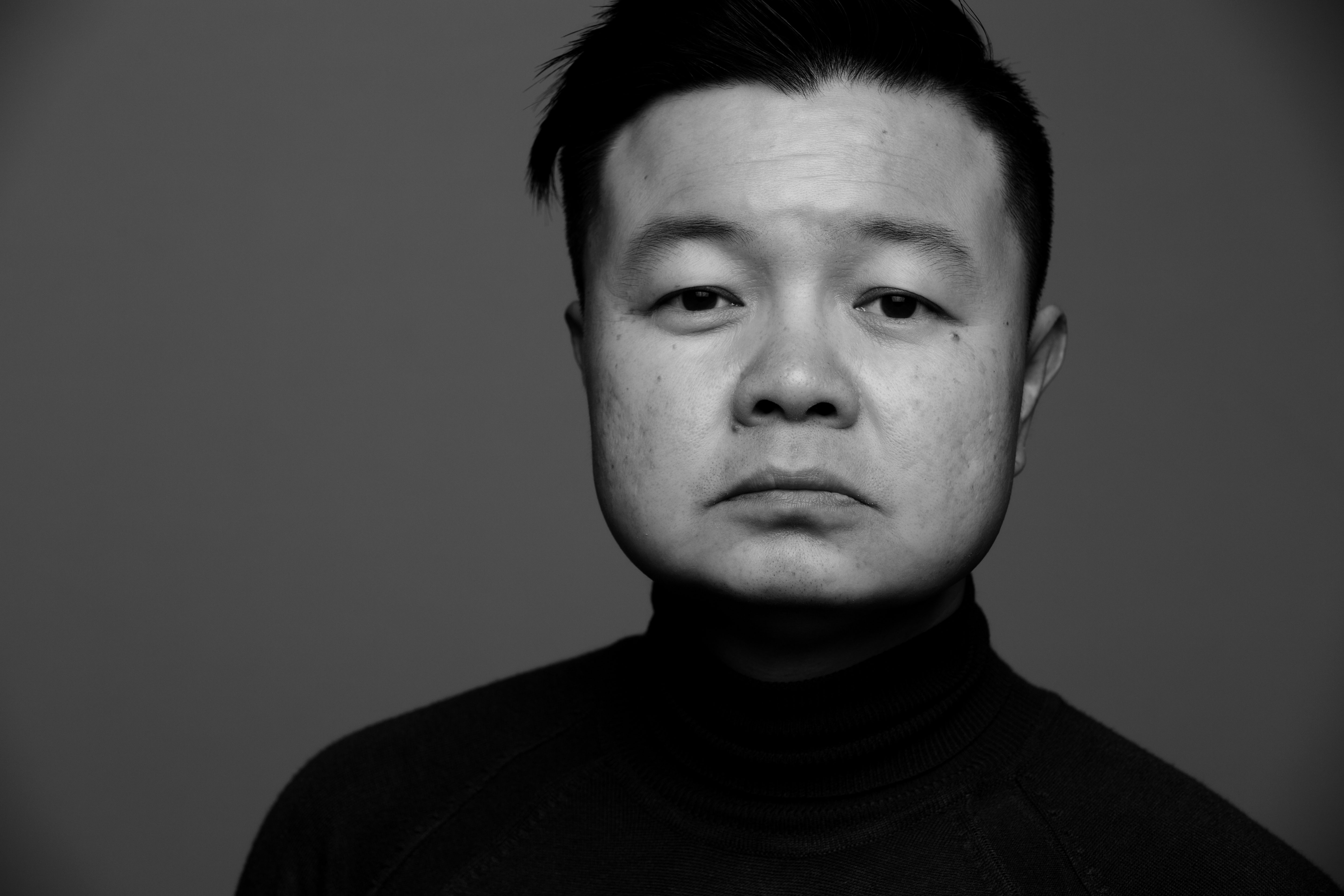Kidd Waya is a Nigerian, UK-raised actor, TV host, social media sensation, entrepreneur reality star of the new UK 2-part documentary—how the other half live—debuting on channel 5. Kidd strives to produce insightful, inspiring, and entertaining content and at the same time tackle stereotypes to represent todays multicultural British Community more accurately.
Kidd Waya is a former broker and lobbyist, who graduated from Nottingham University with a degree in Business Management and Marketing and a master’s in international business management. Born in Nigeria and moving to the UK at age 6, Kidd has long strived to shift mindsets and change old narratives through his work as a brand ambassador, presenter, actor, business owner and emotion-fuelled content creator.
“I feel like this is just the beginning and people are yet to see the best of Kidd.”
You have a strong background in health and fitness that might have contributed to your success. How would you define health and how do you think it contributes to individual success in the long-term?
When you have a healthy body, you have a healthy mind—and when your mind is healthy, you’re able to make better decisions.
So, you’re able to have more energy making those decisions and your overall performance simply improves. So, when I am asked what the correlation between health and individual success is in the long term my answer is simple and intuitive. You’re putting yourself at an advantage by being healthy.
Your mind is fresher, your body is fresh, you feel fresher. Your alertness is heightened. Your confidence is up. There are so many benefits to exercise. Moreover, these feelings lead to a clear profit: you can create more, to take more risks, to put yourself in a more advantageous position to be successful.
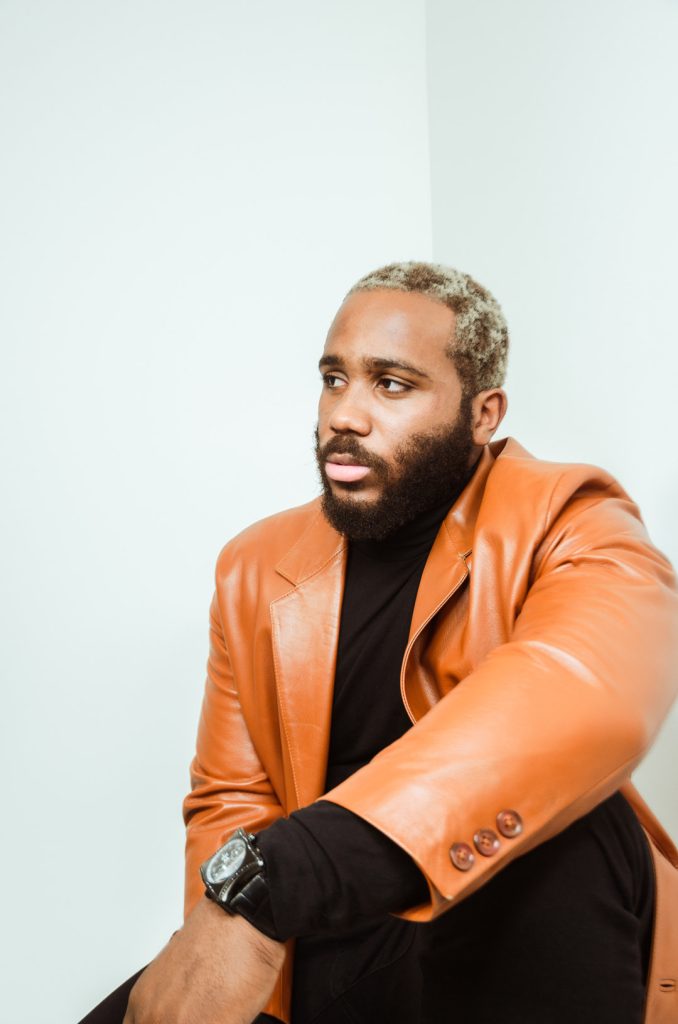
What are the three most important things that stand between you and your ultimate dream?
Well, the first thing that stands between me and my goal is my mind. Of course, I’ve gone through my fair share of mental illness and it’s a constant battle a lot of people know about. This battle wages between my mind and my body. That’s something I had to do for a while; that is something that definitely gets in the way.
The second thing is my absolute hunger. Starting from a privileged background, I lack the hunger that someone else who is not from a privileged background may have been forced to develop. That drive and desire makes you want your ultimate dream more. I often think and do believe that this is something that only comes from the adversity people who are less fortunate have to face.
The third obstacle I am overcoming is an absolute safety net of being comfortable where you are—this comfort zone. Desperation, the kind that arises out of a mind forced to live on the street, a mind at its absolute lowest, positions you so that you have nothing to lose.
When you have nothing to lose, you become a very dangerous man, a dangerous person. I feel like having a safety net has taken that edge away from me. This can stop me from achieving my ultimate dream.
What was the most recent idea you have had that you have felt was particularly successful?
My company which I started earlier this year is a particular success I am proud of. I brought this company to fruition even though for some time now it’s been “in the works.” Yet this year I decided to actually bring it to life and so far I have been very successful.
I have had great partnerships with big corporations such as Ibis Hotel, one of which I did a campaign with not too long ago. If I might add it was very successful. Just this month I have celebrated a successful Fintech conference which was great. I also manage a lot of talent; I do a lot of brand campaigns—all in a short space of time – within three to four months.
My company, Kidd W & Co has seen a lot of success. Naturally, I am extremely proud of Kidd W & Co.
Who has been the most influential person in your life, and why?
That energises me to do better, to prove myself wrong.
It has to be said that the most influential person in my life has been me and the state of my mind. The state of my mind reminds me every day that this could be taken away from you, and it reminds me that we certainly are all human.
Sometimes this means you’re not as strong as you thought you were. That energises me to do better, to prove myself wrong.
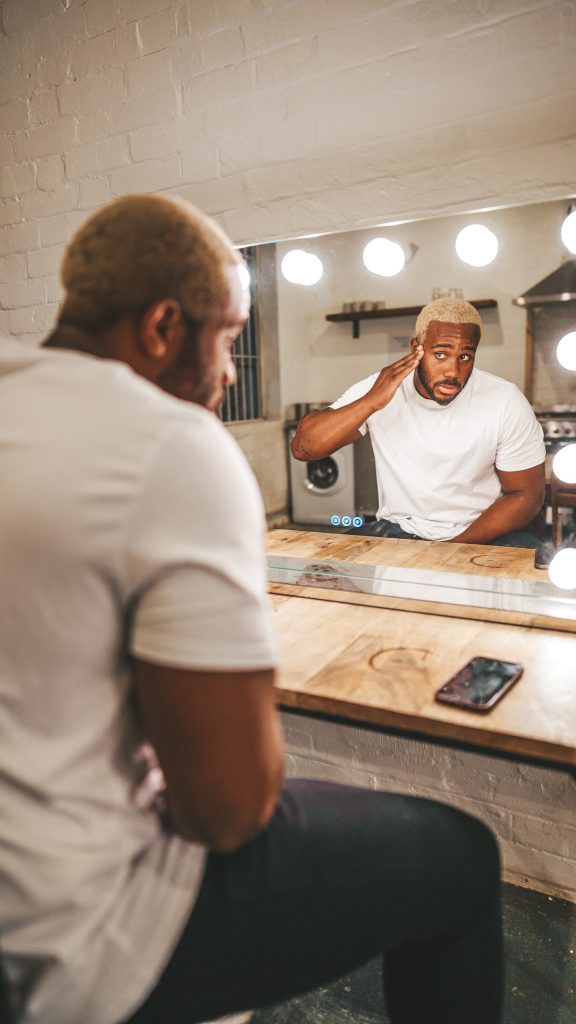
With a strong educational background and a master’s at a prestigious university, you have achieved rare academic success. What are your thoughts on the educational system? Would you say it empowered you and if so, how?
The educational system is flawed. Unfortunately, they don’t teach a lot of vital things, things that are very important in today’s society.
They don’t teach you how to make money nor how to manage money. They don’t teach you how to become a better person nor how to negotiate. They don’t teach you how to be “street smart,” nor how to protect each other and protect yourself.
There are so many things taught that in fact do not apply to today’s society. What the prevailing educational system does teach is how to work for another person and how not to be your own boss; moreover it gives you very outdated tools. For me, the educational system is more of a tick box for your parents. Yet there’s more of a place for the opportunity to go and connect and network with people, make friends, discover a new talent, and so on. Now don’t mistake this: today’s education is far from valueless. I’m asserting it’s not as valuable as it used to be.
Yet and still, I would recommend people go to schools, colleges, universities, but I would recommend it for different reasons. As opposed to going there to try and get a career or to try and make your life a drastically better, there should be more emphasis on going to university and uncovering the discovery of your true self—who you are.
What fuels your daily routine? What would you say intrinsically motivates and drives you?
What drives me and motivates me is the fact that all of this can be taken away in a blink of an eye. Evidenced and proven by the facts—that I’m not where I want to be yet, I haven’t achieved what I want to achieve, and I have so much to offer—I feel like this is just the beginning and people are yet to see the best of Kidd. Another key motivation for me is that the potential in this world is limitless – endless, even. It is very well-said of me that I am someone who has been very hungry for success from the start in spite of my privileged background. I’m someone who was still hungry, still pushing.
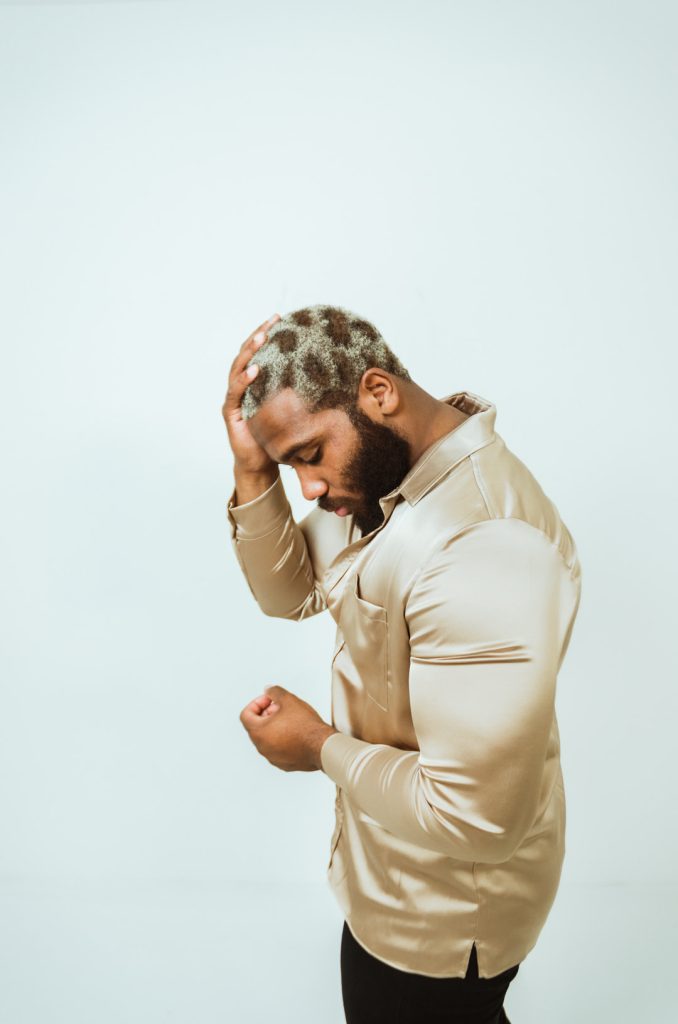
How do you stay grounded, despite all the fame?
Leaving my comfort zone and entering into unfamiliar territory was less comfortable but offered a zone where was able to think more and redesign who I am.
I had to leave my comfort zone, which is Nigeria, because I knew that the fame was hindering my progress. It was beginning to affect me, and I realised I soon became way too comfortable. So I took myself to an environment where I could feel less famous. I could feel like a normal person, which would make me work a lot harder to become famous.
It’s almost like a blank canvas and starting again. When I moved to London after the Big Brother show, it was almost like redefining who I was, who I am and who I am going to be. That’s how I stay grounded. I position myself and that’s what’s kept me grounded all this time.
Leaving my comfort zone and entering into unfamiliar territory was less comfortable but offered a zone where was able to think more and redesign who I am.
How do you think social media has changed the consumer landscape in Nigeria?
It is changing and changing massively. I mean, you can travel anywhere on this planet’s four corners upon the click or tap. You can type in “comedy,” you can type in “food,” you can type in “action,” you can type in “music” and find it delivered to your very fingertips.
It has made things a lot easier for entertainers to showcase talent, music, art, and this for everybody. I do not shy away from persuading people to get into it. I feel like it’s a way out of poverty and the hardship that we have in the country.
Nigerians are very joyful people. They’re very entertaining people and very happy people. They love to entertain, to laugh, to have fun and they love to smile.
I think social media is the perfect escape for them as it was for me. And I feel like now it’s a growing market amidst a growing consumer base and it’s getting exponentially bigger because there’s more money going into it.
We have the most loyal fan bases in the world. Speaking personally, my fanbase is amazing! It is full of girls and they’re simply amazing, supportive, and very engaging. That is just a testament to how strong the Social Media and online community is in Nigeria; further, not just in Nigeria but also in Africa. This Social Media presence will only grow bigger and bigger and I can’t wait to be a part of that journey.
What would you like to change within the next 5 years?
The one change I would like to see within the next Five years is in my will power. I want to be at a point where I can say yes or say no, and be precisely decisive—to stick to my decision. I feel like I’m easily influenced by a fear of missing out. That is hinders my progress quite a lot. So I want my will power to improve so that whatever I say, I could just stick to that and nothing else.
